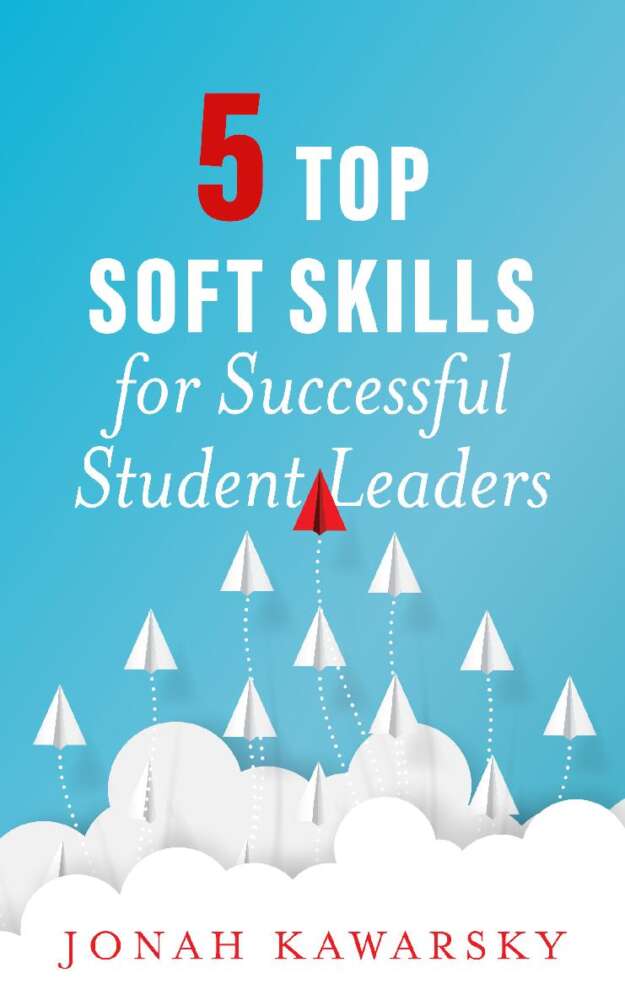University of Guelph student Jonah Kawarsky has always felt naturally comfortable as a leader. Now he’s taken what he’s learned about leadership and compiled it into an e-book.

5 Top Soft Skills for Successful Student Leaders was inspired by his experiences at U of G and his work within the campus community.
When he came to U of G in 2018, the fourth-year biomedical science student was keen to find a leadership role that would help him in his plans to go to medical school.
When no groups or opportunities appealed to him, he founded the U of G chapter of Medical Brigades, an international non-profit organization of students and medical professionals that works with under-resourced communities to create sustainable health systems.
He said the organization’s focus on helping to “holistically develop rural communities” through a series of projects appealed to him, and leading this group was an ideal way to build on his skills.
While transitioning out of the presidential role in his third year, Kawarsky found inspiration to write and publish his e-book.
“I was starting to write transition plans for the new leaders about the responsibilities of certain roles as well as some key pointers,” said Kawarsky, who is currently the campus chairperson of the Global Brigades chapter at U of G, the umbrella group that includes Medical Brigades.
“From there, though, I just kept writing and it ended up becoming the first rough draft of the book.”
The e-book, published last year, provides advice on how to improve communication, teamwork, emotional intelligence, problem solving and listening.
Influenced by experiences at U of G

Kawarsky said his experiences at U of G “absolutely shaped the book.”
He said a course he took on instructional leadership as an elective, in which he had to compare his own skills and leadership style with other styles over the semester, “changed my outlook on leadership.”
That course was also key in helping him choose the skills and leadership styles to include in his transition plans and what would become his e-book.
“It changed my leadership style in the moment and made me reflect on the leadership style I’d like to focus on as a goal,” he said.
Building the leadership team at Medical Brigades and transitioning to an online model after the pandemic hit influenced his book as well, as it became a lesson on how leadership must adapt to changing environments, he said.
“The ultimate message in the book is to ensure that individuals on teams feel prepared and included. And that people on teams feel more like a family. A well-functioning team. That’s how I see it.”
Like father, like son
Family has been a strong inspiration for him and his pursuits, he adds.
If his father hadn’t completed a master of science and a PhD in reproductive biology at U of G, Kawarsky said he may not have been inspired to start his own master of science in U of G’s Department of Biomedical Sciences next year.
That connection also led him to pursue a leadership position in the medical field as a pre-med student and to found the U of G chapter of the Medical Brigades, which then led to writing his book.
“It’s really given me a mindset of reflection on the leadership that I’m doing as well as more of a goal focus – to look to the future.”
